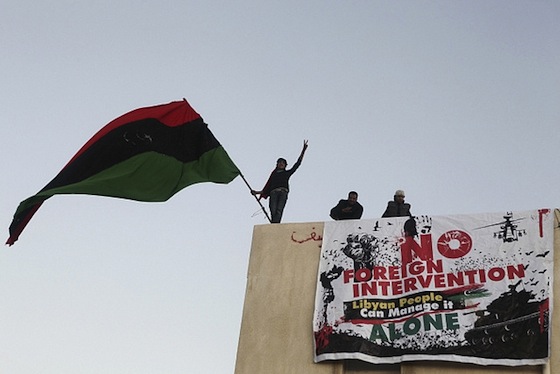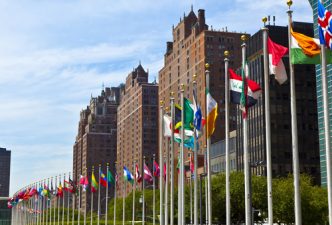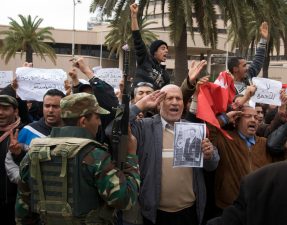 ‘The Middle East must stay stable or else the world will face impending economic and ecological doom’ – debunking the myth
‘The Middle East must stay stable or else the world will face impending economic and ecological doom’ – debunking the myth
My day job requires I read a lot on the Middle East and the environment – from the perspective of economists, environmentalists, political leaders, civil society and also a lot of commentary coming the rest of the world on the Middle East. One strand of thought that has really got me riled up recently is the notion that the Middle East by dreaming of democracy is causing instability which will not only threaten the economy but also the environment. A little dramatic right? Since when was the fate of the entire world in the hands of the Middle East? It short, it’s not. In fact, it’s completely in the hands of everyone else and the real threat is the economic model we live by which equate success with constant growth.
Writing in Alternet, Marshall Auerback states that the heated conflict after the Arab Spring will likely give way to high gas prices and more pollution. “The situation has the feel of Iran, circa-1979. We don’t have a crystal ball, but oil supply is always a concern when conflict arises in oil-rich countires(sic), which may well trigger high gas prices and increased environmental dangers,” he adds. The instability in the Middle East, he reasons, will change the political calculus in favour of more production domestically in countries such as Canada and the US.
Right. So, why is that the Middle East’s fault? The countries who are choosing to dig for dirty fuels instead of investing in renewable projects are the ones making the big mistakes. If the Middle East can’t or won’t provide them with their fossil fuels and they choose to look for more fossil fuels that’s their bad decisions and can’t be blamed on anyone by the countries themselves. Secondly, I completely disagree with his statement that the alternative would be to rely on “unreliable OPEC-based supplied in countries full of Islamic extremists.” Nothing like a bit of casual prejudice and discrimination I guess.
What I really dislike about this stream of thought is that it places blames squarely on the Middle East rather that stating that 1) all countries are locked into growth obsessed economies 2) all countries have choices and if they make the wrong ones then they alone are accountable and 3) the Middle East doesn’t owe ANYONE stability. If the people want change and take to the streets to protest and get rid of their dictators then we should be supporting them. Not saying, “oh actually, we’d prefer it if you didn’t do that – think of the economy!” For years, the West supported its chosen strongmen dictators to keep its oil supply flowing and everyone understood that. But pretending that the Middle East has the power to save or destroy the environment – and bringing in that moral argument – is just simply preposterous.
: Image via ЯAFIK ♋ BERLIN/flickr.
For more on the Arab Spring and the economy see:
Was The Arab Spring Good for Renewable Energy?
#Occupy Climate Change: The Arab Spring and Occupy Wall St
Arab Spring May Boost Chance for Desertec Solar Power




right on Arwa!
Well said, and I agree.